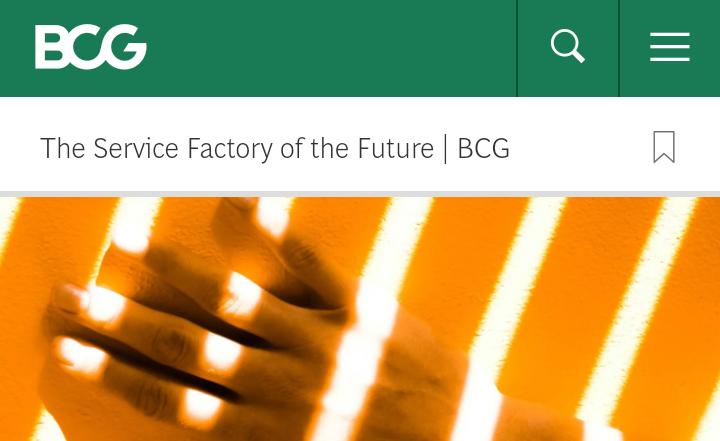To get a sense of how far service industries still must travel, consider the revolutionary changes that are transforming manufacturing. Most leading automakers, for example, long ago adopted modular assembly methods that enable them to customize at mass efficiency using different combinations of standardized components. Tesla has taken the concept further with connected cars that allow owners to modify their autopilot systems, battery life, and other features by downloading over-the-air software updates.
The service factory of the future will break the compromise between personalization and industrialization by leveraging standard service bits: small elements of service, such as a chatbot or an online shopping cart. Service bits will increasingly consist of “microservices”—digitized service offerings or processes—that are accessed through APIs and either created in-house or procured from ecosystem partners. Bits can also be automated or manual service activities based on legacy IT systems.
Read the full article at BCG

